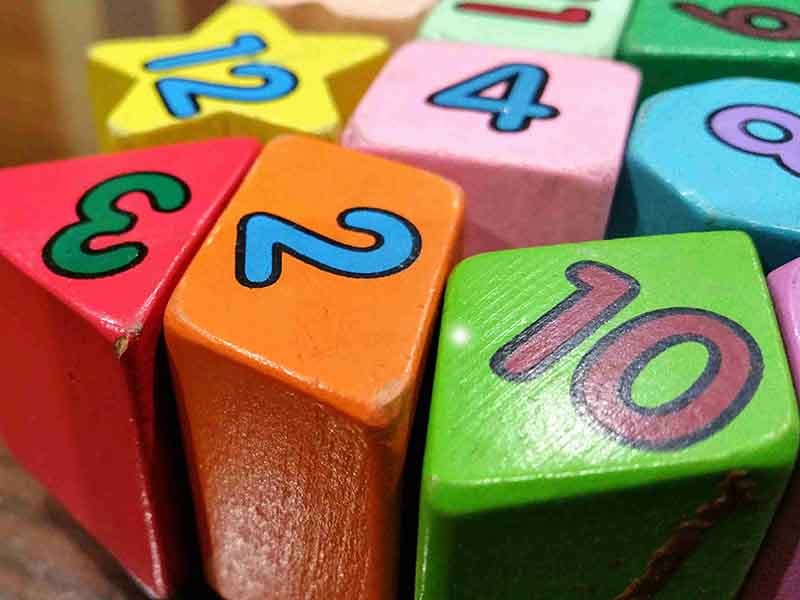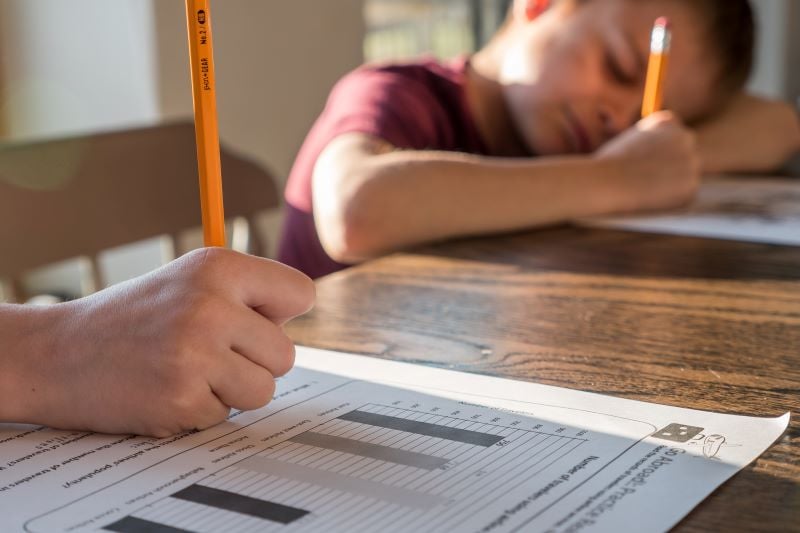Since the mid to late 2000’s, math scores have decreased a significant amount in American students. In 2015, Americans scored significantly low in the Programme for International Student Assessment (PISA), a cross-national test given every three years t o 15 year old students that measures students’ reading capability, math, and science literacy. The U.S placed a whopping 38th out of the 71 countries in math and 24th in science.
o 15 year old students that measures students’ reading capability, math, and science literacy. The U.S placed a whopping 38th out of the 71 countries in math and 24th in science.
Besides the PISA, there are other similar cross-national tests. Trends in International Mathematics and Science Study, (TIMSS) has tested students in grades fourth to eighth every four years since 1995. According to the Paw Research Center , “In the most recent tests, from 2015, 10 countries (out of 48 total) had statistically higher average fourth-grade math scores than the U.S., while seven countries had higher average science scores. In the eighth-grade tests, seven out of 37 countries had statistically higher average math scores than the U.S., and seven had higher science scores.”
Lastly, a similar test that also tests American students in grades fourth to eighth called the National Assessment of Educational Progress , (NAEP) displayed their disappointing results in 2015. Since 1990, math scores have been at a high, but in 2015, the average fourth-grade math score was 240, which was out of 0 to 500. In 2013, the score was 242. In 2015, the average eighth-grade score was 282 and was 285 in 2013, which was the lowest since 2007.
What are some reasons that may have caused this descend?
It is hard to pinpoint what exactly is causing this decline, but one can suggest it can be due to these 3 reasons:
A change in family situations
The economy is not how it used to be. After the market crash in 2008, the lives of many families changed for the worse. Lack of money was and still is a huge concern and many mothers and fathers had to take on extra jobs to provide for their family. Now because of this, many children do not have access to extra help from their parents because they are working. Although there are many accessible tutors and learning centers, many families cannot afford the cost.
Increase in medications being prescribed to children
According to an article published by Harvard Health Publishing , the National Center for Health Statistics (NCHS), released a report on the rate of antidepressant use in the U.S. among teens and adults. The report stated people ages 12 and older showed an exponential increase by almost 400% (five times the original) between 1988–1994 and 2005–2008. These statistics show that one in ten Americans is on some form of antidepressant.
According to an article published in the journal’s Frontier in Psychology , the side effects of antidepressants affect the body more negatively than positively. Medication, according to the facts, has shown to compellingly decrease cognitive ability, along with many other things such as increasing risk in certain cancers.
Cognitive abilities are brain based skills we need to carry out any type of task. In order for children to perform well on math and science test, they need powerful and strong cognitive abilities.
Lack of proper nutrition
We all know eating healthy is very important. Without proper nutrition, our body does not function like it should. This then affects our cognitive functions and abilities. If we do not feed our bodies the proper amino acids and nutrients, the brain will endure pain and suffer.
If proper nutrition is not implemented, cognitive function will diminish.
Although there might be many other contributing factors to why test scores have dropped drastically over the past decade in the U.S., these reasons give a glimpse on what may be causing such a dilemma.
Sources:
Andrews, Paul William, J. Anderson Jr. Thomson, Ananda Amstadter, and Michael C. Neale. "Primum Non Nocere: An Evolutionary Analysis of Whether Antidepressants Do More Harm than Good." F rontiers. Frontiers, 30 Mar. 2012. Web. 28 Sept. 2017.
Andrews, Paul. "Negative Effects of Antidepressants." M ad In America. N.p., 12 Sept. 2012. Web. 28 Sept. 2017.
DeSilver, Drew. "U.S. Students’ Academic Achievement Still Lags That of Their Peers in Many Other Countries." P ew Research Center. N.p., 15 Feb. 2017. Web. 28 Sept. 2017.
Wehrwein, Peter. "Astounding Increase in Antidepressant Use by Americans." H arvard Health Blog. Harvard Health Publishing, 20 Oct. 2011. Web. 28 Sept. 2017.





